Green tea, also known as Chinese tea, is one of the most popular hot beverages in the world. With it’s proven therapeutic and healing properties, green tea contains two times less caffeine than coffee and has a stimulating effect, which refreshes without causing known tremors. For millennia, the Asian continent had the tea ceremony in practice. Drinking green tea, however, is much more than a ceremony, because in some cases, it is able to save lives. According to many surveys among lovers of the drink, the risk of heart disease, stroke, cancers and even tooth decay is lower.
You have to distinguish other herbal teas, especially chamomile tea from real green tea. Camellia sinensis is the tea plant, and the widely used in Asian countries green tea is from the processed, steamed and dried leaves of this plant. In contrast, traditional English tea, called Black, goes through fermentation, which gives it a strong flavor and darker color, but reduces the amount of useful chemical compounds it contains.
In the early 90s of the 20th century, researchers found that among Japanese women practicing the art of traditional tea ceremony "Cha-no-yu", there is a lower mortality rate. Numerous studies on the subject show that chemical compounds in green tea - mainly polyphenols, which are 30% of the weight of the dried leaves are among the most powerful antioxidants ever discovered. Antioxidants are compounds that block the free radicals that damage cells throughout the body and increase the risk of developing serious diseases, such as cancer.
History of Green Tea
Green tea has been known to people throughout the world for hundreds of years. Most of the experts are of the opinion that it’s homeland is Asia and more specifically - China. There are those who argue that Green tea originates from the Middle East and Japan. The first evidence of green tea dates back to 780 years BC, it was imported to Japan in the 12th century. It quickly entered the monasteries and estate managers. At the outset, green tea was drunk as medicine. In the monasteries the monks used it as a means to keep them awake during meditation. The British immediately took advantage of the qualities of green tea when they entered the country in the 17th century. Shortly thereafter, they established their world famous tradition of drinking tea.
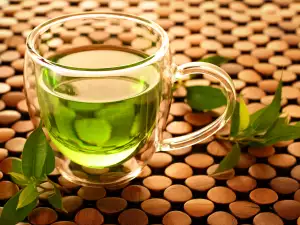
Composition of green tea
Green tea contains large doses of vitamin C and vitamin P. Vitamin P strengthens capillary walls, reducing their fragility and destruction, especially in older people.
The daily dose of green tea, which is sufficient as a prophylactic measure amounts to 2-3 cups. The usual dose is 250 to 300 mg once daily. Supplementation with green tea, which is sold in natural products stores and pharmacies, also has a therapeutic effect.
If you like to drink tea with milk, it is good to know that you are depriving yourself of some of its healing properties. The reason for this is that the proteins in milk binds to and inhibits polyphenol’s healing properties. Green tea contains catechins, which are potential antioxidants - 100 times more powerful than vitamin C. They protect against cellular DNA changes, progressing to cancer. Black tea also contains catechins, but in much smaller quantities.
Selection and storage of green tea
Buy green tea, which is tightly closed. Store it on a dry, dark area, away from moisture and direct sunlight.
Benefits of green tea
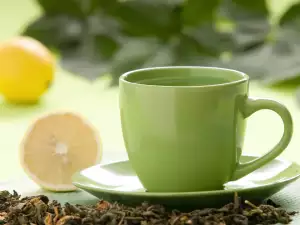
There is a huge healing effect and favorable influences with green tea. It is used to treat athlete's foot, mouth sores, headaches, diarrhea, toothaches and gum disease. Green tea is even able to dispel the unpleasant smell of feet and bring down high fevers. It is an excellent and proven means for treating sunburn, itching and even hemorrhoids. Green tea helps discharge heavy metals from the body.
The magical healing power of this gift of nature is far from being exhausted with these problems in human health. Preventive and medicinal properties have been demonstrated in the treatment of many cancers. According to numerous studies conducted in China, regular intake of green tea reduces the risk of cancer of the stomach and esophagus. Most of the studies are conducted on the basis of voluntary groups, consisting of people who regularly drink green tea and those who do not consume the beneficial beverage, suggests that green tea prevents cancer. Of course, there are also studies that found no link between tea consumption and the prevention of cancer.
Green tea has been proven effective in the prevention of skin cancer. In this case, it is equally effective as a drink, or applied to the skin. In development are the protective properties of green tea in pill form, when skin damage is caused by the sun and its external application is good in precancerous skin lesions. As a result, many cosmetic companies and manufacturers began to include green tea in cosmetics for its powerful antioxidant properties that help to reduce wrinkles.
Furthermore, as a prophylactic agent against cancer, green tea can help the already human cancer. Catechins in green tea inhibit the production of the enzyme urokinaza required for cancer cells to grow. It is assumed that catechins may also stimulate the process of programmed cell death or apoptosis in these cells. A 7-year study confirms that in patients with breast cancer who drank 5 cups daily of green tea, the risk of spread to the lymph nodes was lower than that of women who received small amounts of the drink.
There is a huge benefit of green tea on heart health. It’s powerful antioxidants come to the rescue wherever free radicals cause any damage, including arteries. Daily cup or two of green tea can be a powerful ally in the fight against heart disease. Chemicals in tea inhibit the oxidation of cholesterol.
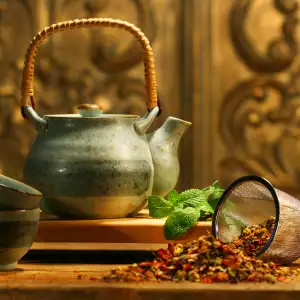
When cholesterol is attacked by free radicals increases the probability for it to settle on arterial walls, which is a step towards the development of cardiovascular disease. For people who regularly drink green tea, the risk of death due to heart problems is 58 percent lower, according to results of a study. It also states that risk drinkers in 4 cups of green tea a day had the lowest. Beneficial effects are also seen due to flavonoids, which are a group of compounds, including polyphenols in tea.
Polyphenols also protect delicate proven cerebral blood vessels from damage that lowers the risk of stroke. Green tea contains some fluoride, which strengthens teeth and reduces the formation of cavities. Tannins and polyphenols in green tea inhibit bacteria damaging teeth. Research indicates that tea strengthens the resistance of tooth enamel against aggressive acids in the mouth.
Green tea contains astringent substances that are powerful anti-inflammatory substances. So a wet bag of green tea soothes sunburn, hemorrhoids and ulcers. Tea is alkaline and neutralizes the acids that corrodes tissues in open wounds. Green tea stimulates circulation of blood and energy in the body. It slows down the aging process and contributes to the rejuvenation and longevity. Zinc in green tea is needed for the proper conduct of pregnancy.
Green tea also stimulates the excretory system, the functions of the kidneys and bladder. Improves motor skills and nervous system, treats obesity, has beautifying action, tightens the skin and opens the pores. Green tea has a proven beneficial effect on eye diseases and strengthens the whole eye. These healing dried leaves are able to regulate the balance between acids and alkalis in the body.
Doctors recommend drinking green tea for long sessions in front of the TV or computer. Admission is important for people who have completed radiation therapy. Green tea in your daily diet helps toning, discarding the fat from the body and strengthens the immune system.
Risks of green tea
There are medical studies that deny the enormous benefits of green tea on human health. According to some studies, its ability to cope with cancer is exaggerated, while others - overdose of polyphenols led to fatalities experienced in rodents and dogs. 200 ml of the drink, according to some experts, would be a potentially dangerous dose. According some agencies, green tea does not reduce the risk of cardiovascular disease.
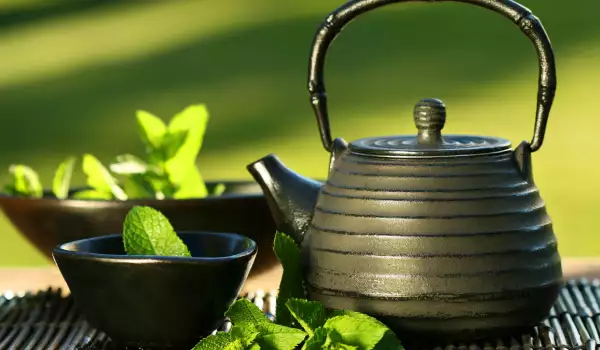

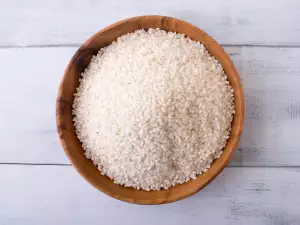

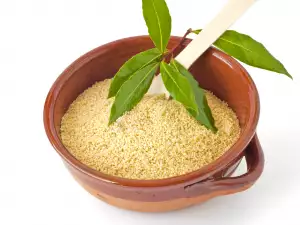

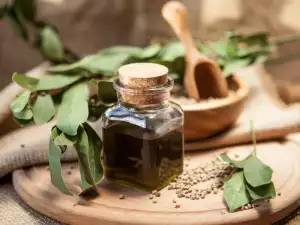

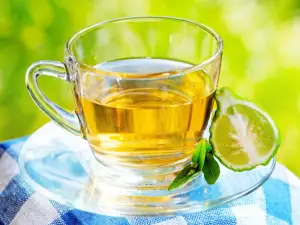
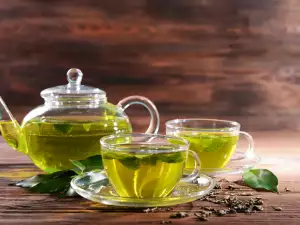
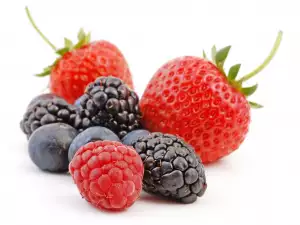

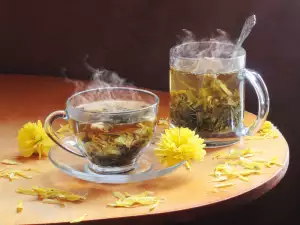






Comments